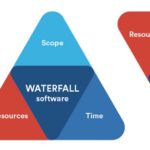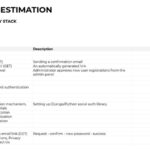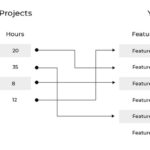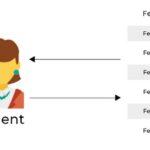Introduction to Cost Estimation in Software Engineering
Software development cost estimation plays a crucial role in project planning and execution. It involves predicting the resources required, including money, time, and personnel, to complete a project within defined parameters. Accurate estimation benefits project stakeholders by aiding decision-making, guiding development efforts, and ensuring alignment among team members.

Choosing the Right Development Methodology
Before embarking on cost estimation, it’s essential to select an appropriate development methodology tailored to the project’s needs. The two primary methodologies, waterfall and agile, offer distinct approaches to software development.
Waterfall Methodology
Waterfall follows a sequential design process, where each phase is completed before progressing to the next. This rigid structure emphasizes meticulous documentation and upfront planning but lacks flexibility for accommodating changes during development.
Agile Methodology
In contrast, agile development involves iterative and incremental progress, allowing for continuous adaptation based on feedback. This approach fosters collaboration, responsiveness, and value-driven development, enabling teams to deliver results incrementally and adjust course as needed.
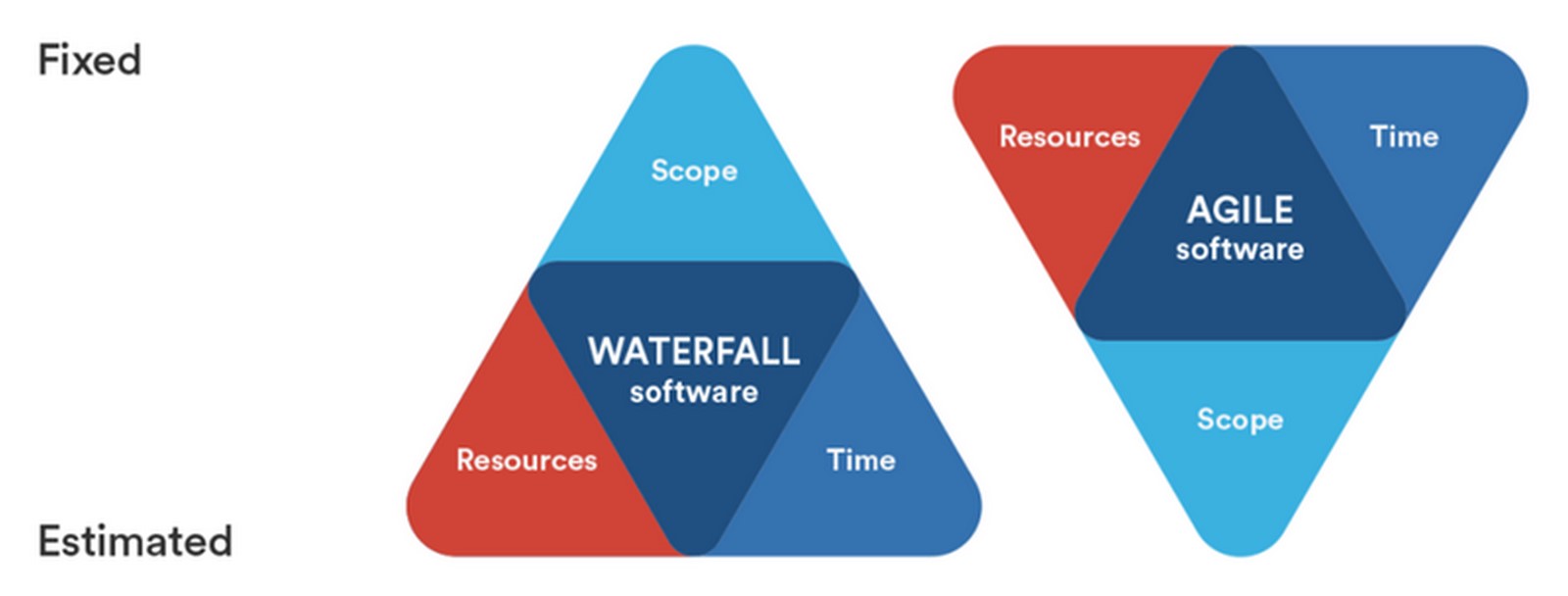
Case Study: FBI’s Sentinel Project
The Federal Bureau of Investigation (FBI) provides a compelling example of the contrasting outcomes associated with different development methodologies. Initially, the FBI pursued a waterfall approach for its Virtual Case File (VCF) project, resulting in budget overruns and eventual abandonment. Subsequently, adopting agile methodologies for the Sentinel project enabled the FBI to achieve success by embracing flexibility, iterative development, and continuous improvement.
Globaldev’s 5-Step Cost Estimation Process
At Globaldev, we employ a comprehensive approach to cost estimation, combining multiple techniques to ensure accuracy and reliability.
1. Product Discovery and Requirements Gathering
We commence the estimation process by conducting thorough product discovery sessions with clients to define project requirements and objectives. Clear and detailed requirements serve as the foundation for subsequent estimation efforts.
2. Bottom-Up Estimation
Our team breaks down project requirements into smaller, manageable tasks and estimates the time required to complete each component. This bottom-up approach facilitates granularity and precision in cost estimation.
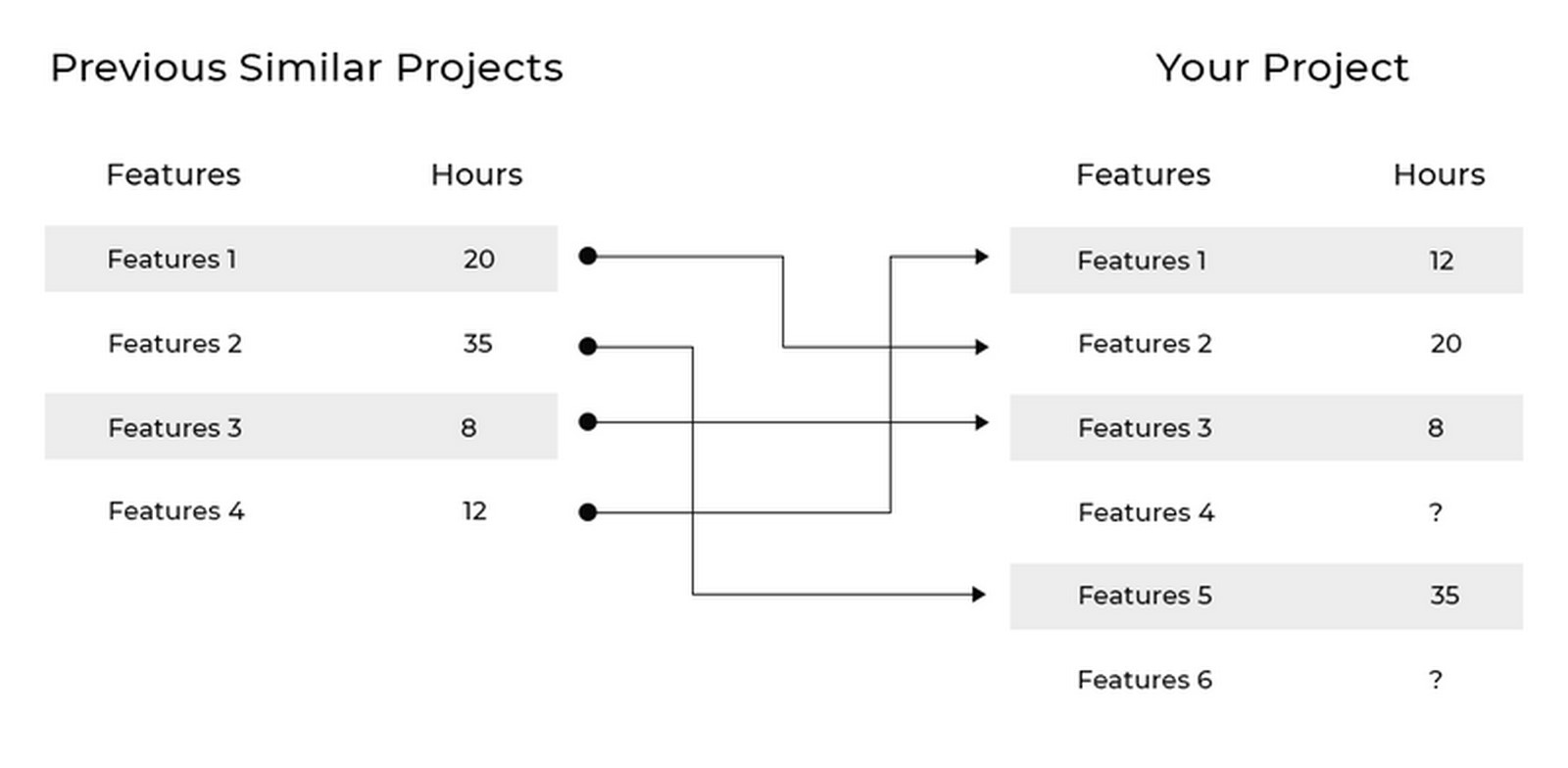
3. Analogous Estimation
Drawing on our extensive experience and past projects, we leverage analogous estimation to extrapolate costs based on similarities with previous endeavors. This technique provides valuable insights into potential challenges and resource requirements.
4. Expert Judgment
In cases where projects involve novel or specialized features, we rely on expert judgment from internal or external subject matter experts to assess feasibility and estimate associated costs accurately.
5. Finalization and Documentation
Our management team consolidates estimates from various sources, reviews them for accuracy, and finalizes the project budget. We document estimates in a comprehensive format, including detailed breakdowns of costs, timelines, and resource allocations.
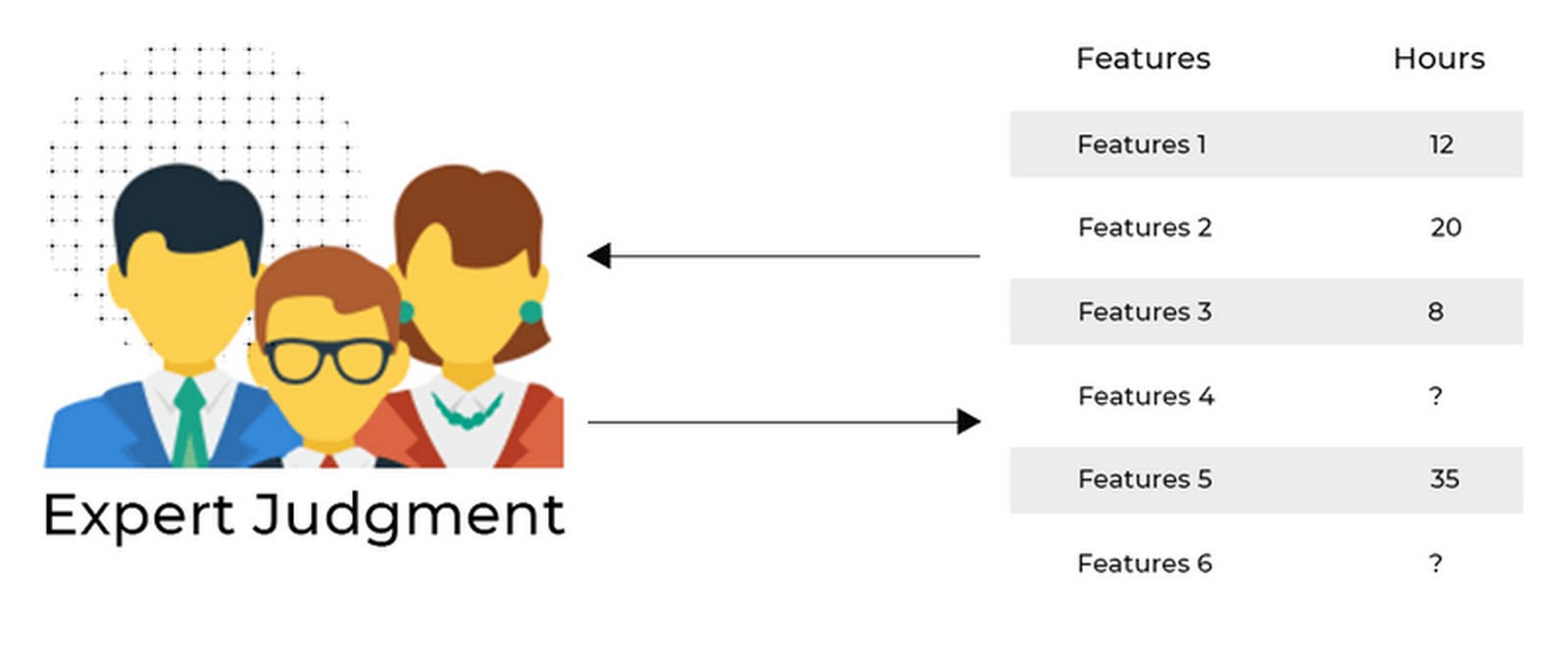
Example of an Estimation Document
The estimation document encompasses various elements, including cost breakdowns, resource allocations, and risk assessments. It provides clients with transparency and clarity regarding project scope, timelines, and expected deliverables.
Conclusion
Cost estimation in agile software development is a multifaceted process that requires careful consideration of project requirements, development methodologies, and estimation techniques. By leveraging a systematic approach and drawing on collective expertise, Globaldev strives to deliver accurate and reliable estimates that empower clients to make informed decisions and achieve project success. If you’re seeking guidance or estimation services for your software project, don’t hesitate to reach out to our team for a consultation.











